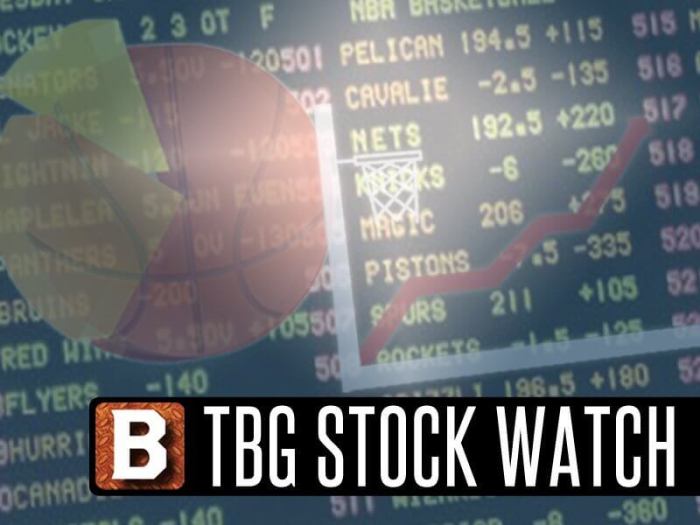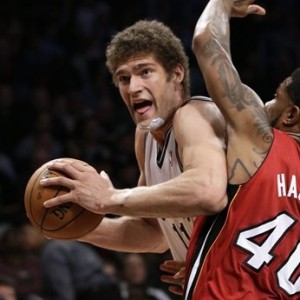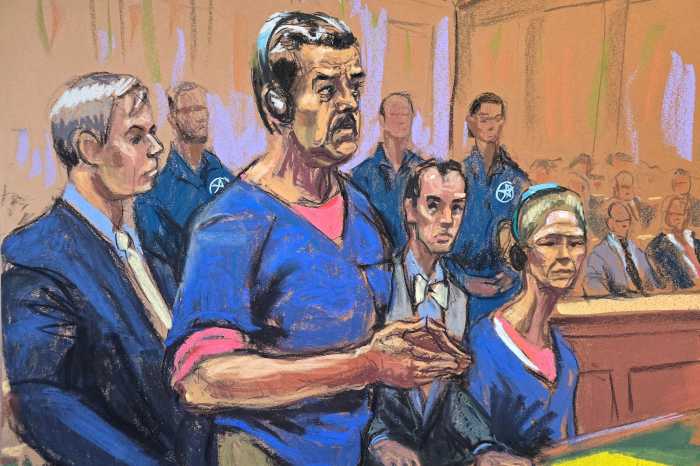The Brooklyn Nets have reportedly agreed to a trade with the Atlanta Hawks, sending Anthony Morrow, Jordan Williams, Jordan Farmar, Johan Petro, DeShawn Stevenson (in a sign-and-trade), and a first-round pick (Houston’s, lottery-protected) to Atlanta for shooting guard Joe Johnson. The Nets retain their own first-round pick (perhaps less valuable than Houston’s now), MarShon Brooks, and don’t lose the rights nor ability to re-sign Gerald Green.
It took less than 24 hours for the Nets to acquire Joe Johnson from the onset of reported discussion, a testament both to Billy King’s diligence to strike a significant deal before meeting with Deron Williams and to his friendship with Atlanta Hawks GM Danny Ferry, with whom King played basketball with at Duke in 1987 and 1988. Ferry wanted to shed Joe Johnson’s enormous contract — which will pay him $89 million over four years, including $24.9 million in 2015-16 — and King wanted to open the Barclays Center without the porous roster that decimated basketball in New Jersey a season earlier.
The 31-year-old Joe Johnson has, for the most of his career, been a steady “very good” if unspectacular shooting guard, and is certainly the best off-guard the Nets have seen this side of Vince Carter. Any one of a half-dozen seasons could stand as his best campaign, yet in no year dis Johnson move basketball heaven and earth. Since his tenure began in Atlanta in 2005, Johnson posted similar statistical lines year after year: 18-20 points, 3.5-4.5 rebounds, and five assists per 36 minutes, roughly 45% shooting from the field and 36% from deep, and a PER married to the 17-19 range. While he’s certainly in the decline of his career, the one not-so-affectionately nicknamed IsoJoe could experience a minor resurgence playing next to Deron Williams, the best point Johnson has seen since his days with Steve Nash in Phoenix.
His massive contract defines his reputation, but Joe Johnson is an effective, versatile offensive player, capable of scoring in a variety of sets, particularly in the halfcourt. As a 6’8″ shooting guard, Johnson presents a mismatch for smaller guards and “small” forwards in the post, using his length, quick feet, and strength to find high-percentage short jumpers over short defenders. Johnson’s touch from 8-10 feet and his size advantage over most of his opponents allowed him to score on over 52% of his possessions in the post, ranking in the top 10 in the league in points per possession in those sets. Johnson is highly effective scoring in spot-up and isolation situations for the same reasons — he’s got an excellent jumper and the ability to make shots over nearly any defender. Johnson can also split time between the “small wing” and “big wing” positions (shooting guard and small forward seem too restrictive here), adding to the lineup flexibility Gerald Wallace’s swiss army knife of a body gives coach Avery Johnson.
Should the Nets retain Deron Williams — and it appears that this deal does not hinge on that guarantee — Johnson and Williams would become one of the more devastating two-man wing combos in the NBA. Johnson removes an enormous scoring load from Deron Williams and Brook Lopez, allowing both to flourish if Avery Johnson can utilize all three as a collective unit. There are numerous creative offensive sets you can mold around the skills of these three — a Williams/Johnson high wing pick-and-pop/roll, a two-man game with Williams & Lopez with Johnson lurking in the corner or on the opposite wing, and playing Williams off the ball in spot possessions to give Johnson the opportunity to create are a few examples. It should be noted that Johnson is a far superior shooter on the right side of the floor than the left, and Brook Lopez is a much better scorer on the right block than the left. If coach Johnson does his homework, expect a consistent two-man game between Johnson and Lopez on the right side in Brooklyn.
Symbolically, this trade represents more than just a trade for a shooting guard — acquiring Joe Johnson and the aforementioned contract all but eliminates the Nets from the always-present Dwight Howard sweepstakes, particularly if Howard makes it to free agency in the upcoming offseason. Because of their cap issues, the Nets would have to make a significant, unexpected trade to make Howard a possibility, and considering how little the Magic seem to care for Lopez, I don’t envision that coming to fruition.
To break it down: If the Nets sign Deron Williams to a maximum contract this offseason — and without it, they won’t be in the conversation for Dwight anyway — Williams will make roughly $18.71 million in the second year of the contract, when Howard’s eligible for acquisition. Add Joe Johnson’s $21.47 million and Gerald Wallace’s $10 million, and the Nets will have a cap number of over $50 million between those three players alone — well below what they’d need to sign Dwight. That figure doesn’t include MarShon Brooks’ small salary hit or potential contracts for Brook Lopez, Gerald Green, Mirza Teletovic, and anyone else the Nets may sign between now and that time. No, the acquisition of Joe Johnson means the Nets have locked into their core for at least the next three years — provided that their core (i.e. Deron Williams) locks in with them.
The Nets reportedly became impatient waiting for the other shoe to drop with Orlando’s front office, and after repeated rebuffs, decided to move on and acquire an impact player separately. This was a desperate move, by a desperate franchise, desperately seeking some combination of excitement and relevance in their shiny new still-incomplete home. But desperate doesn’t necessarily mean bad. The Nets turned a combination of expiring and irrelevant pieces into a legitimate shooting guard whose skillset won’t erode rapidly as his body begins its decline. Joe Johnson may not blow the roof off the Barclays Center, won’t turn the Nets into legitimate championship contenders, and his contract was thought untradable before Billy King made the impossible reality. But Johnson will make the Nets watchable in a way they weren’t last season, push MarShon Brooks back to the sixth-man role he belongs in, and if Deron Williams returns, make them competitive enough to be a success in the team’s inaugural Brooklyn season.

















